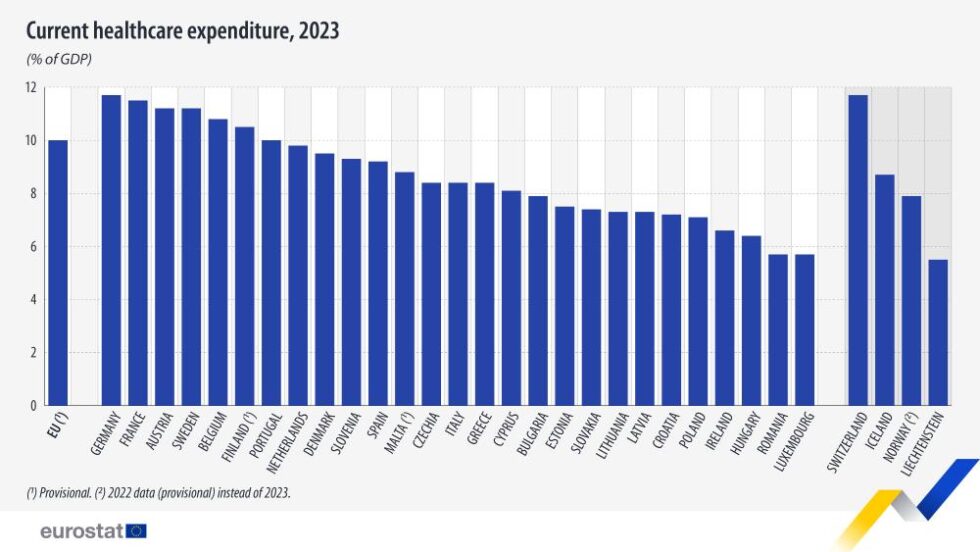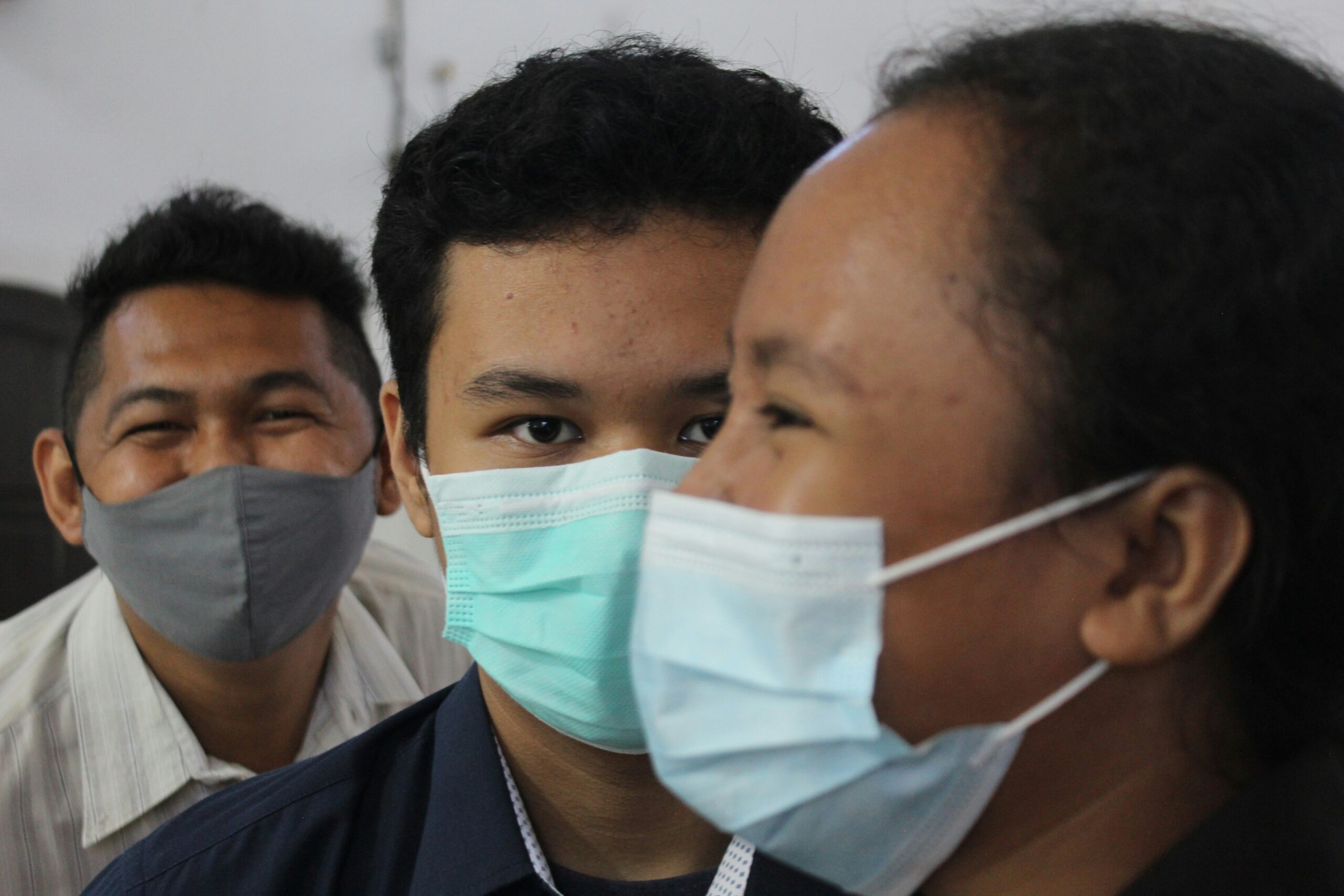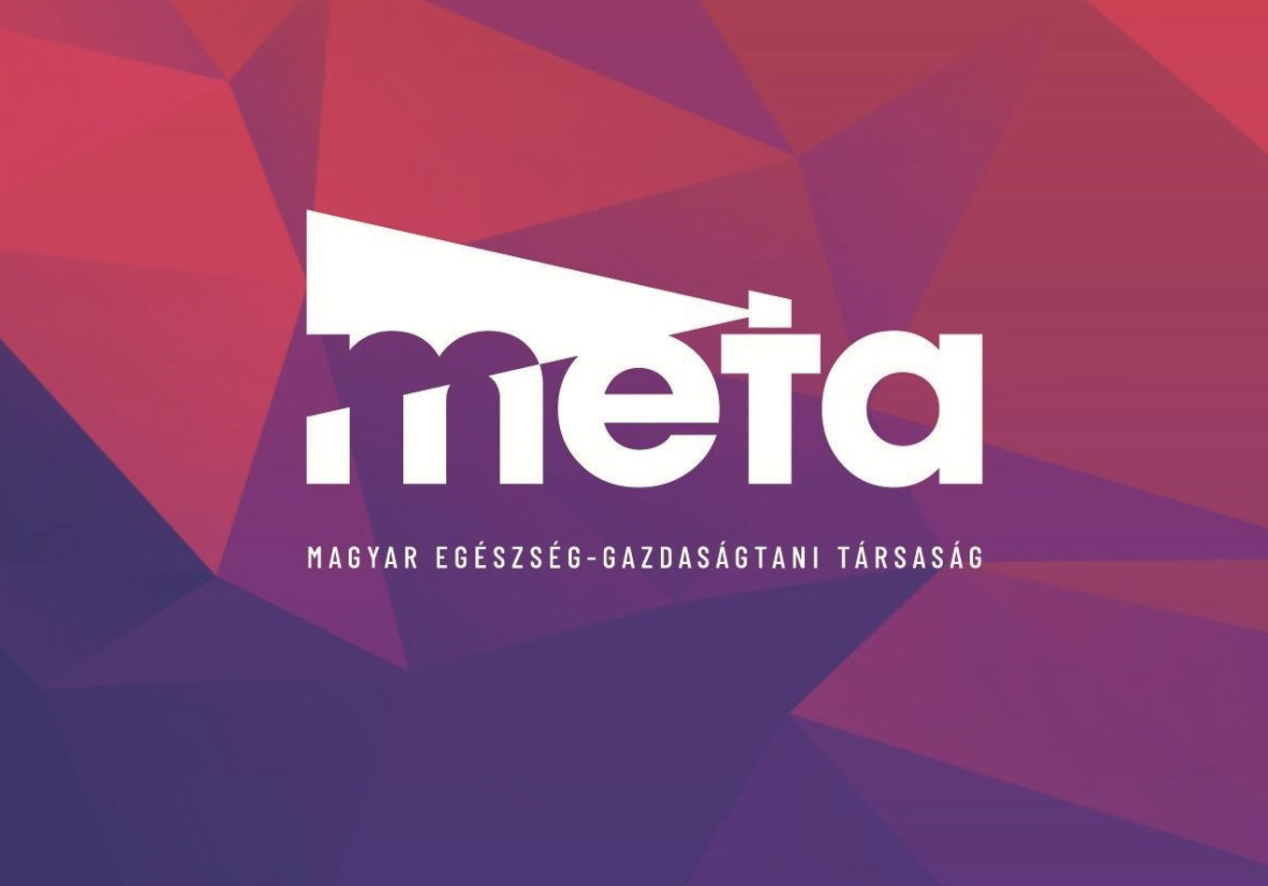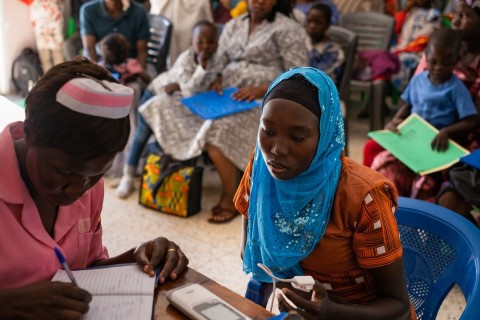ADB is launching the UHC PEERS network, investing $495,000 to help 43 countries—including Azerbaijan—share expertise, boost digital health tools, and improve UHC progress. The initiative addresses stalled UHC gains, urgent post-COVID gaps, and encourages private...







